If you’ve ever fished without a boat, you know this scenario. It’s hot, your line is tangled, you’ve got a big skunk to show for it and, in the height of your misery, another angler cruises by silently in their $50,000 skiff, smile plastered across their face. In a situation like this, it’s easy to think that having a boat will make for better angling, but that’s not necessarily true. They say the two best days in an angler’s life are the day they buy a boat and the day they sell it. In other words, they can be a pain.
So, this article is dedicated to landlocked anglers. It may seem like pandering, but there’s something beautiful about catching fish on your own two feet; the simplicity is attractive and you can be just as effective if you do things right. Here’s what Henry David Thoreau thinks about the matter:
“Simplicity, simplicity, simplicity! I say let your affairs be as one, two, three and to a hundred or a thousand. We are happy in proportion to the things we can do without.”
So, take a note from Henry and forget about the boat. Forget about the oil changes, the winterization, the loading and unloading, the maintenance, and repairs. Pick up a fly rod and hit the water. But, before you do, check out a few tips for being a more effective angler on your own two feet.
_
Sweat Equity
Here’s some truth you can take to church: Most people are lazy. That may sound a little mean-spirited, but it’s true and you can use it to your advantage. If you’re willing to get up earlier, walk farther, and spend more time learning your environment, you will be more successful than most anglers. Seriously. And, the bar simply isn’t that high. Many people give away at the first sign of difficulty, so if you can put in the sweat equity, there’s no boat needed.
Have a Plan
Now, one thing we all have to admit is that a boat presents options. You can get to more places more quickly, which means you don’t have to have as much of a plan. If you’re wading, you need to have your ducks in a row well before you hit the water. First off, make sure you’re setting yourself up for success. For example, if you’re looking to fish in early spring, white bass is a great option in tailwaters of the south, but bass and trout are probably still sticking deep. Take a look at your season, weather, and surroundings to pick an appropriate target, not the other way around.

Then, once you’ve honed in on your target, plan out your day on the water. If you’re fishing upstream, then pay attention to water flows and make sure the river is walkable. Look at hiking trails in the area to make sure you have access. And, if it’s a highly trafficked area, then maybe try to head out on a weekday or plan to get there early to beat the crowds.
Master the Cast
If you’re on foot, then you’re going to be on or near the bank, which is exactly where those pesky trees and bushes tend to be as well. So, if you’re sans boat, be sure to learn your roll cast, bow and arrow cast, and steeple cast. They’re all highly effective tools for presenting a fly with a less-than-roomy backdrop. If you can master these three casts, you’ll be able to fish for just about anything, any time, anywhere, and it’ll open up new areas you thought would be impossible to access.
Low and Slow
This is one of the most overlooked aspects of fly fishing, particularly when it comes to fishing in rivers and small creeks: Be quiet, calm, stealthy, and blend in. In many cases, if you’re loud and crashing through the woods, you’re spooking animals who are spooking fish well before you can even see the water. And, as most experienced anglers will tell you, your best odds for catching a fish are on your first cast—so, don’t blow it. Don’t forget to wear earth-tone colors on the water as well. Most people think that stealth only matters for trout, but bass and panfish are also highly attuned to their environment, so if you aren’t seeing any sizable fish, it’s probably because you already scared them away.
Go Comfort Crazy
Now, I know we were touting the value of simplicity, but there’s something to be said for being comfortable and efficient on the water. Since you’re saving all of that cash by not buying a boat, why not invest in some quality gear to help out while wading. First, a great pair of wading boots or shoes will help you be more confident on the water. Pick up some quality polarized sunglasses and lightweight, cool clothing to keep the sun off of you. Overall, the more comfortable and enjoyable your time on the water, the longer you’ll stay on the water, which means you’ll be catching more fish.
Train Your Eyes
Here’s what author Tom McGuane has to say about learning to see fish:
"Anglers who see fish exceptionally well can fish successfully in less productive water than anglers who don't. Fishermen love equipment and are always looking for mechanical advantages, but there is nothing to compare with learning to see well; if you see well enough, you can walk out in the mud with no boat and catch fish."

The fishiest of people know how to spot fish, simple as that. Once you spend enough time on the water and know what to look for, you’ll get to a place where you can almost feel that a fish is there without even needing to see it. Our eyes and brains are incredible things and can pick up on the most subtle of cues once they see certain signs. So, when you’re wading, pay close attention to where you find fish and what they look like in the water. Boat or not, it’ll be the best thing you ever did for your angling.
Embrace Simplicity
Last, but certainly not least, learn to love wade fishing. There are plenty of anglers out there who’ve tried the boat route and have gone back to the banks. There’s something beautiful and timeless about being able to walk up to the water and wet a line without ever needing to step foot on a boat. Embrace it. Plus, by being on foot, you’re getting access to many areas that boaters don’t have access to—tight areas, shallow areas, and small waters. In the end, fishing is fishing, and a boat may be great for certain situations, but many times there’s no more effective tool than your own two feet.

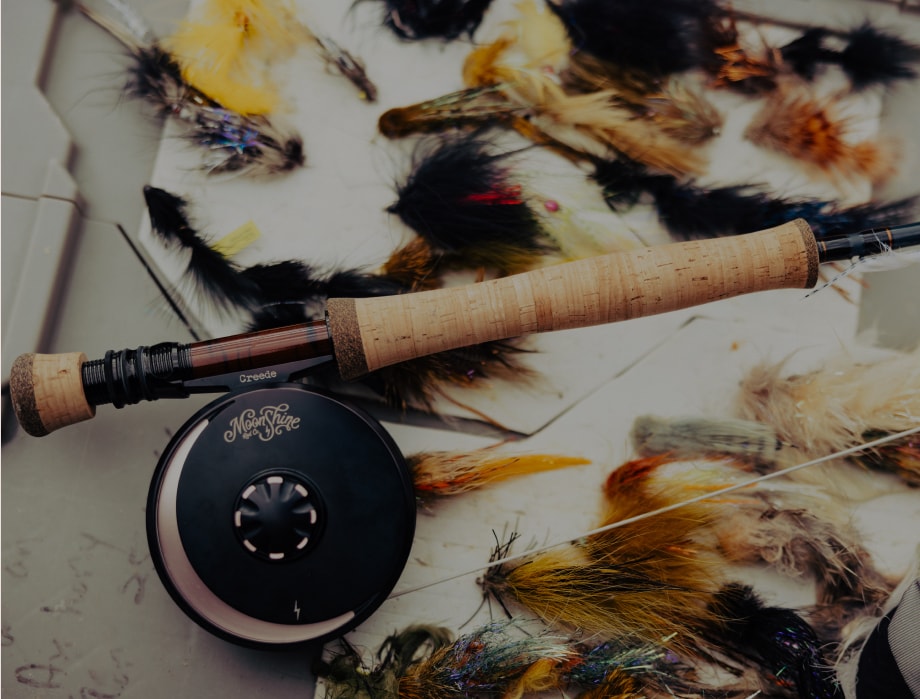
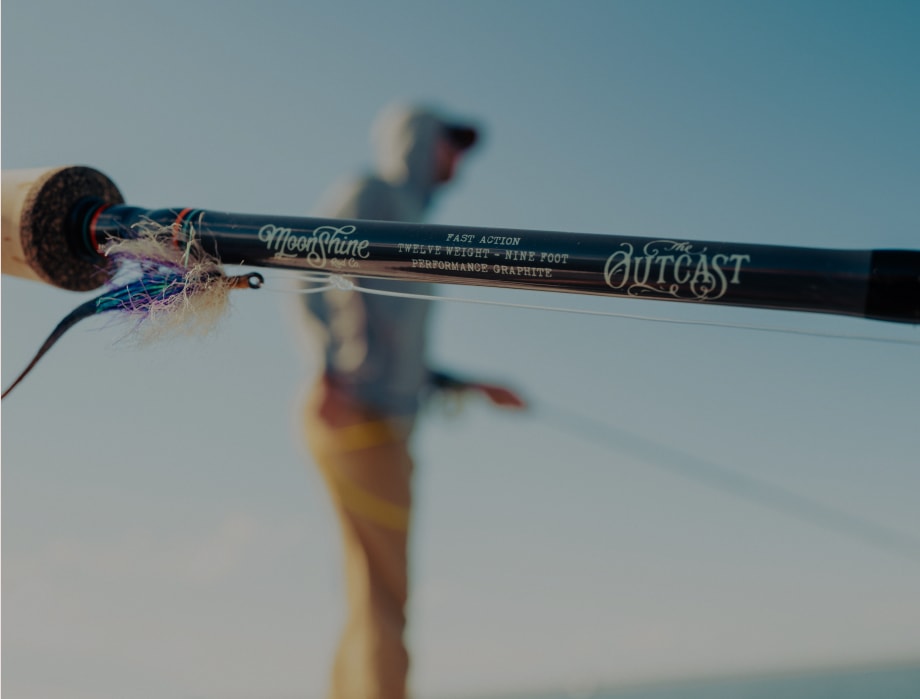
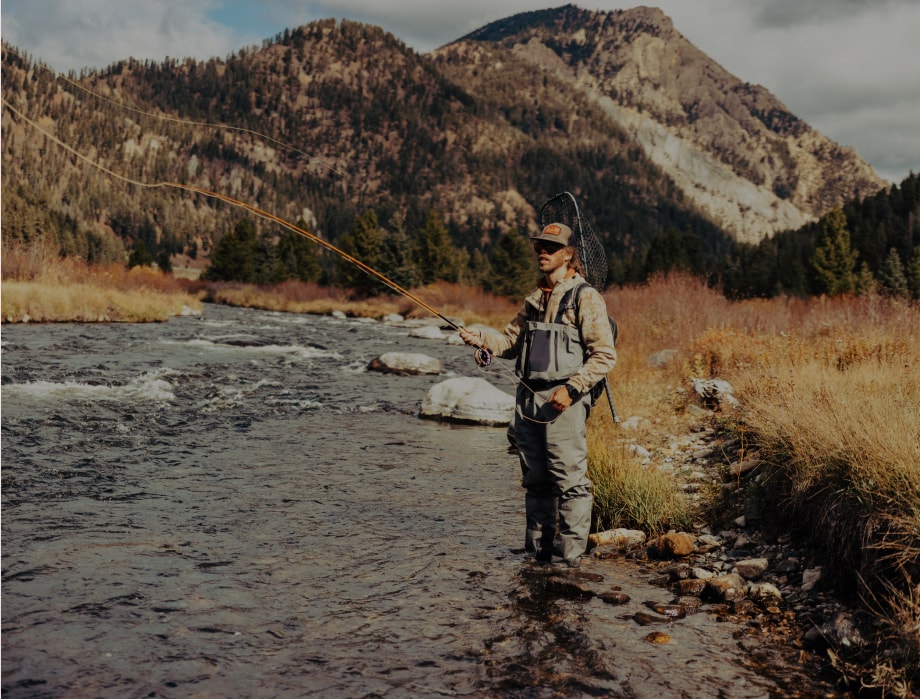
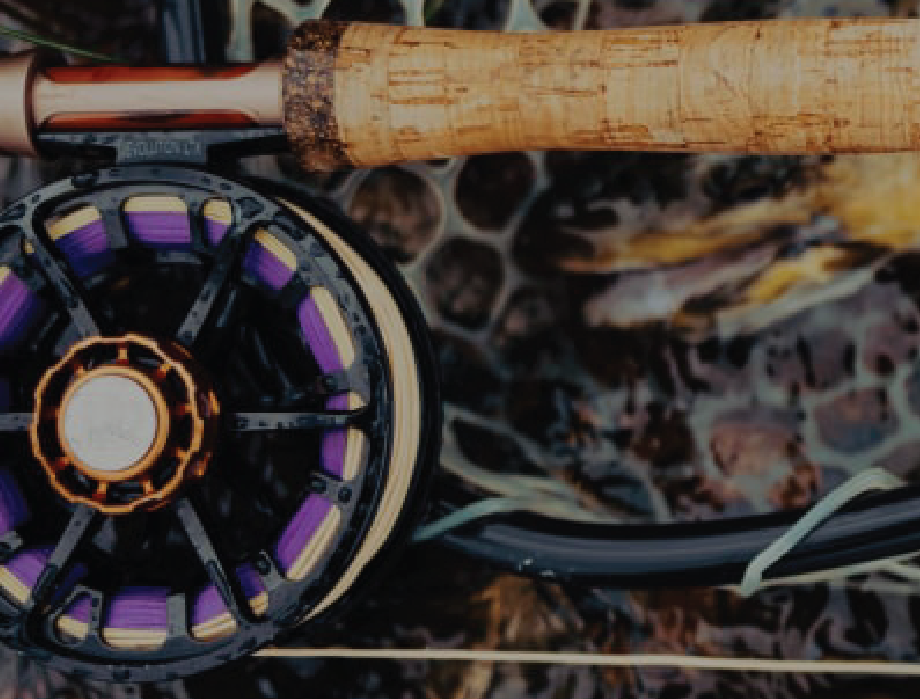
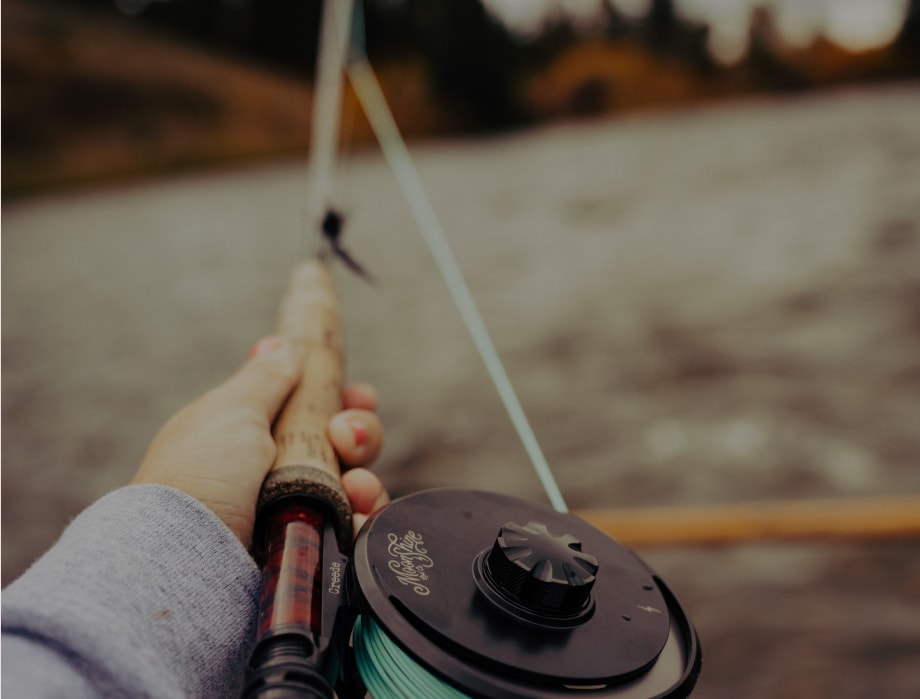
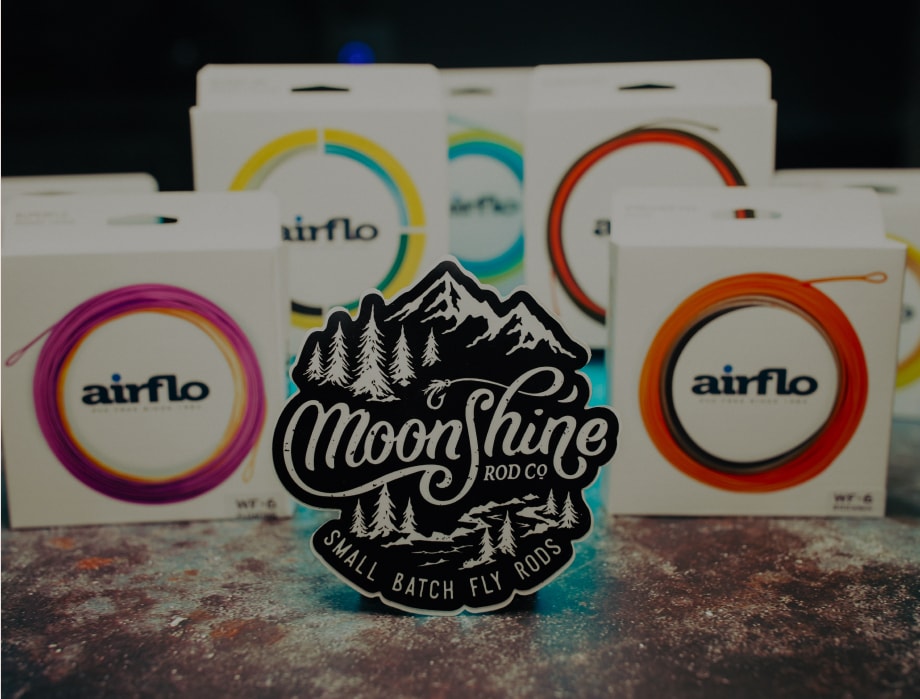
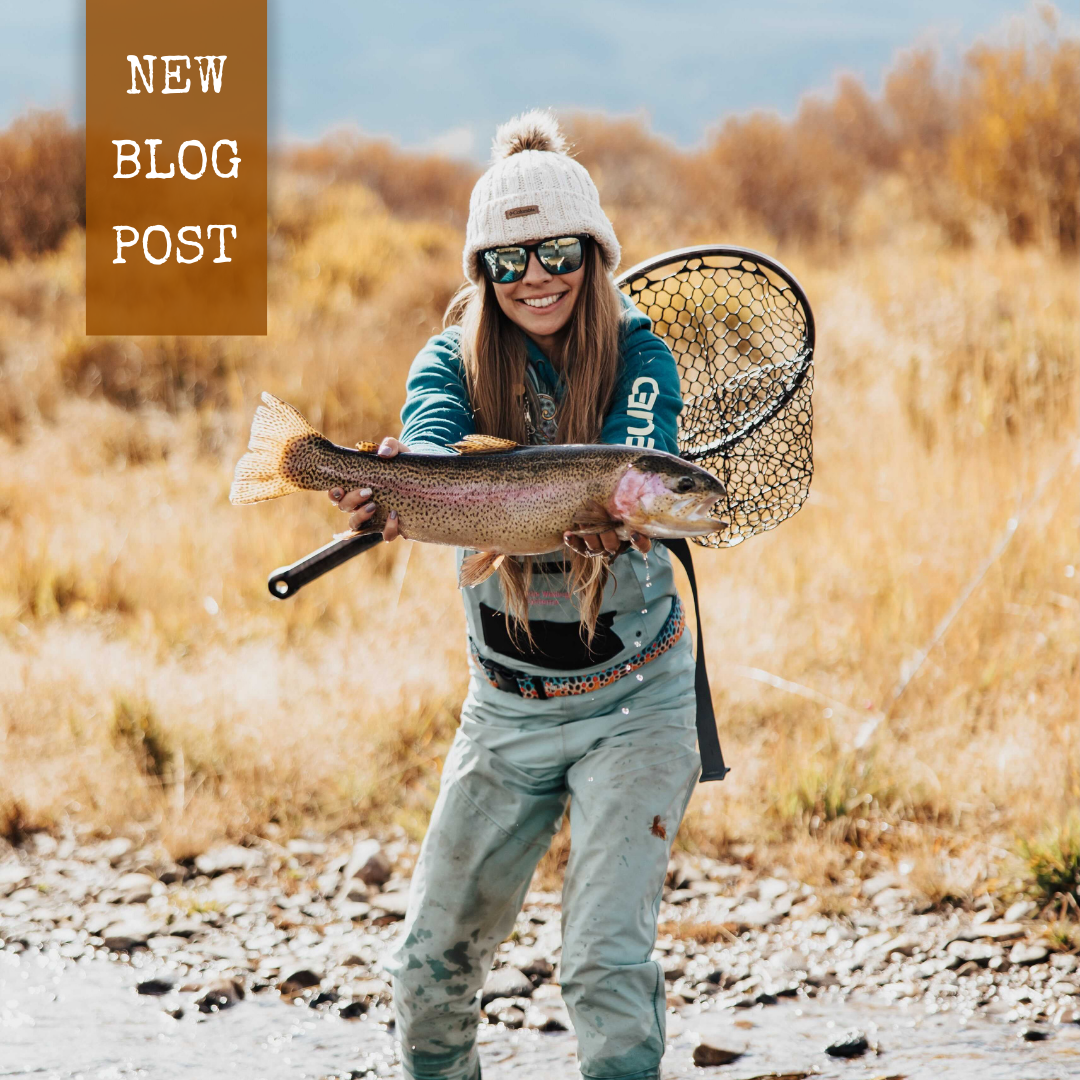
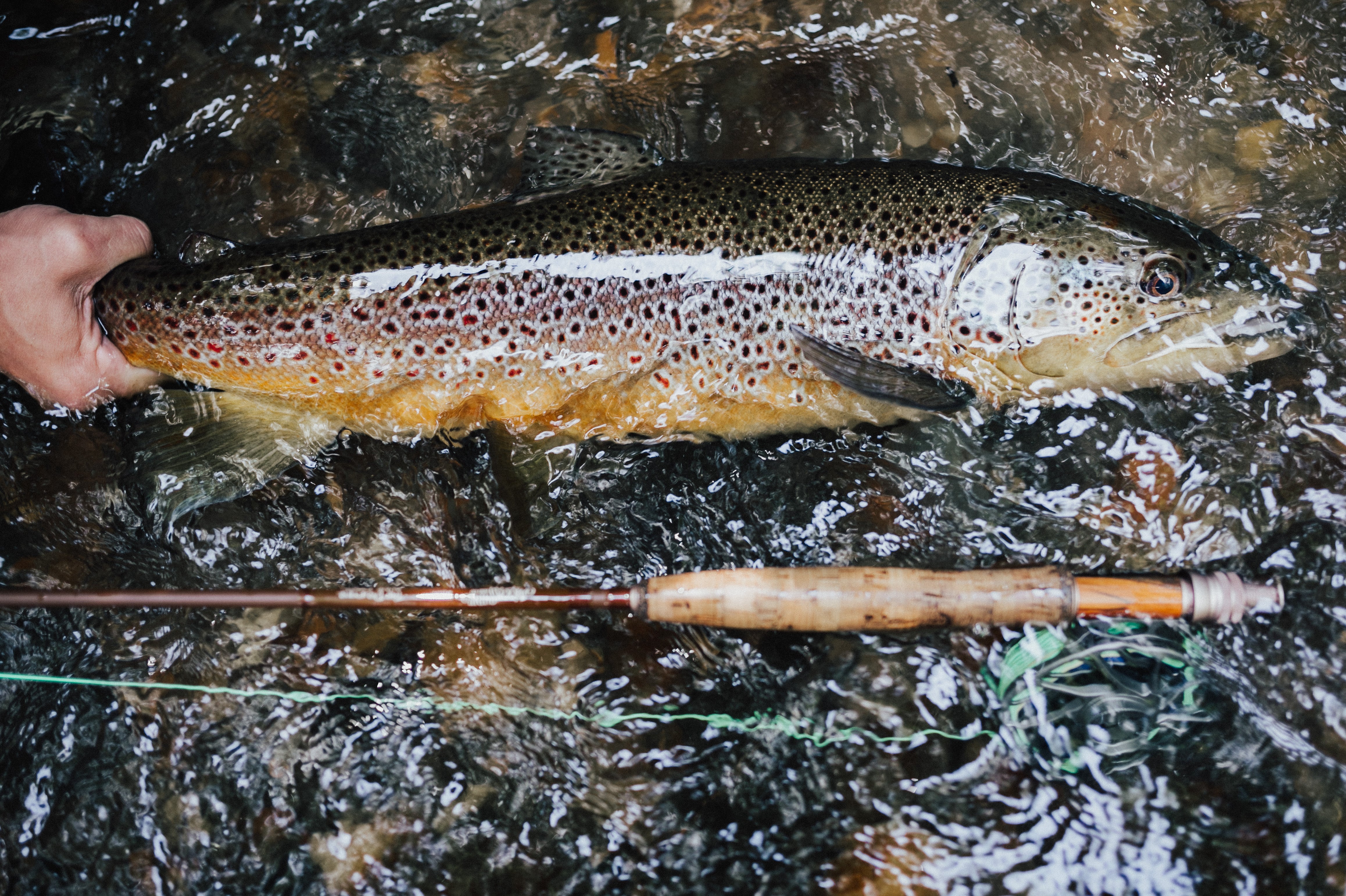
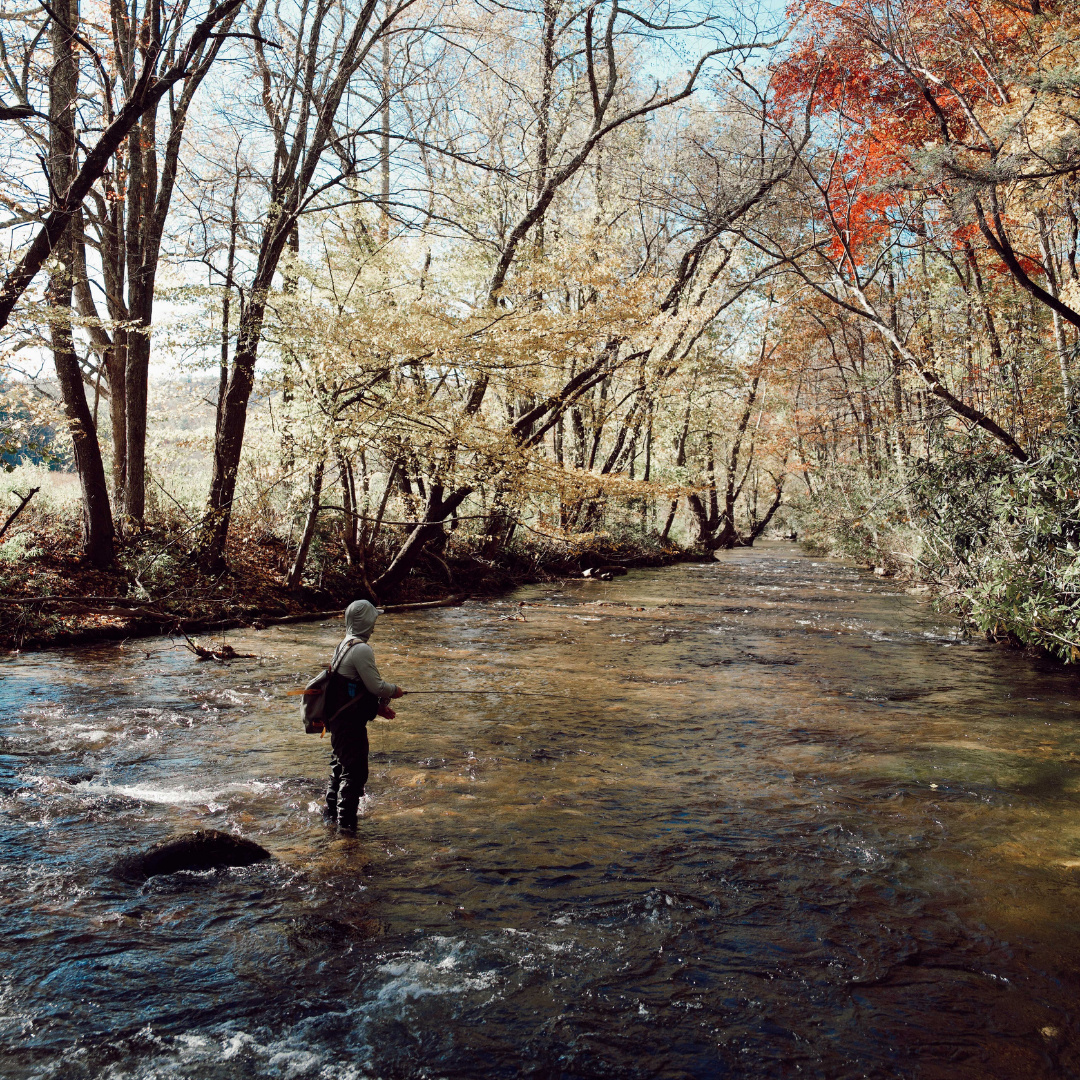
Leave a comment
All comments are moderated before being published.
This site is protected by hCaptcha and the hCaptcha Privacy Policy and Terms of Service apply.